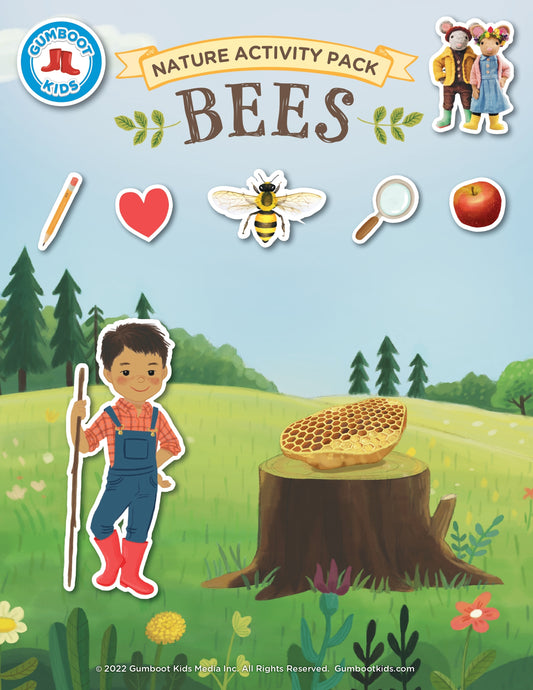Mindfulness, which is the practice of being present and fully engaged in the moment, can provide a wide range of benefits for children. Here are some of the ways that mindfulness can positively impact children's mental and emotional health:
-
Reducing stress and anxiety: Mindfulness can help children to develop tools for managing stress and anxiety by teaching them to focus on the present moment and to let go of worries and negative thoughts.
-
Improving self-awareness: Mindfulness can help children to better understand their emotions and behaviors, which can lead to increased self-awareness and self-regulation.
-
Enhancing cognitive skills: Mindfulness can improve children's cognitive skills such as attention, memory, and decision-making, which can lead to better academic performance.
-
Increasing empathy and compassion: Mindfulness can help children to develop greater empathy and compassion towards others, as they learn to be more present and attentive to the needs and feelings of those around them.
-
Boosting resilience: Mindfulness can help children to develop resilience and adaptability in the face of challenges and setbacks, by teaching them to approach difficult situations with a sense of curiosity and non-judgment.
Overall, the benefits of mindfulness for children are numerous and can help them to develop important life skills that will serve them well into adulthood. By incorporating mindfulness practices into children's daily routines, parents and educators can help to promote their mental and emotional well-being, while also setting them up for success in all areas of their lives.




